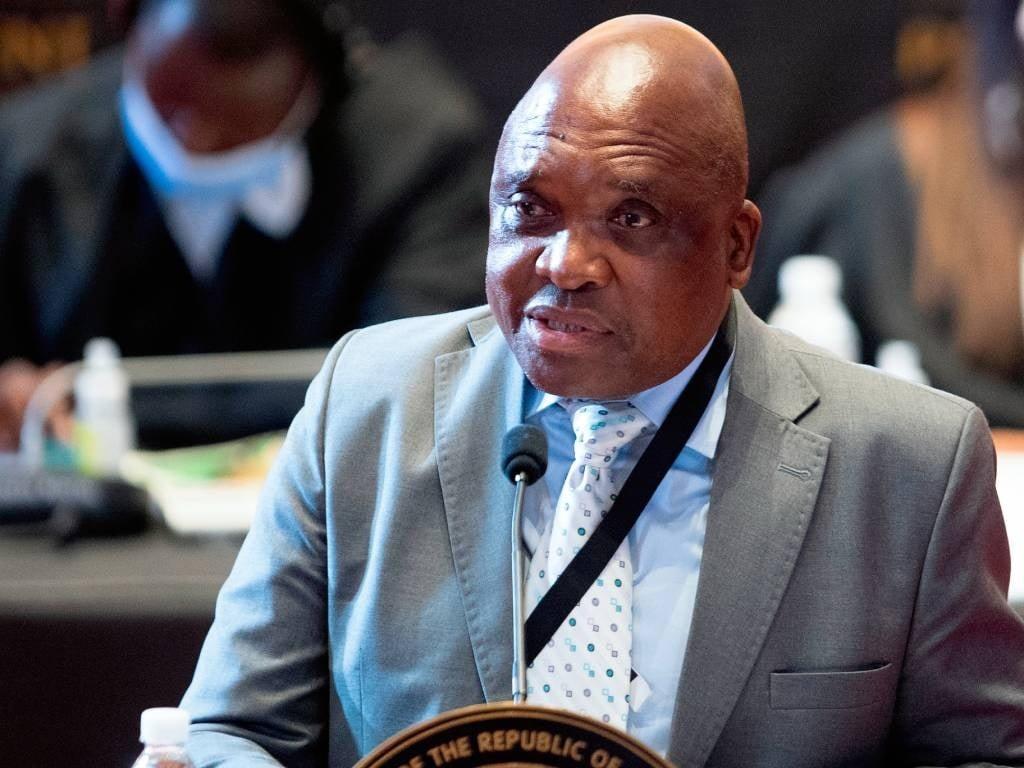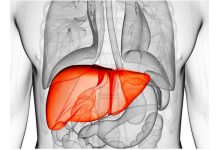
Africa-Press – South-Africa. Pledging support from a national level, Health Minister Joe Phaahla has promised to “work together” to help the cash-strapped Eastern Cape health department.
Phaahla was at Cecilia Makiwane Hospital in Mdantsane, East London, on Thursday, where he met with Health MEC Nomakhosazana Meth and senior officials to discuss the state of the provincial health department.
He said the department was facing several financial challenges and that it had a huge backlog of debt from previous years.
In June, outgoing health ombudsman, Professor Malegapuru Makgoba, described the provincial health department as an embarrassment.
“I think the Eastern Cape health department is an embarrassment, but that’s for the minister to deal with at some point,” he said.
The DA also called for the provincial health department to be put under administration.
Phaahla, however, said the department’s challenges were not insurmountable.
“The province is facing several financial challenges. Every year, it has to rearrange its budget. There are huge amounts of outstanding debts, which drain the organising of the health service because when the budget comes, they have to pay previous debts. That is why, from time to time, there will be shortages of various medicines, including cancer medicine. It becomes a problem for some companies if they have not been paid,” he said.
In July, allegations emerged that the department paid R67 million in salaries to staff at a hospital that effectively closed for two years.
In February, it was granted a reprieve after Judge Robert Griffiths in the Eastern Cape High Court in Bhisho ruled that it no longer had to make upfront lump sum payments in medical negligence claims.
The department approached the court after it found itself embroiled in a R35.4-million lawsuit, instituted by the parents of a baby who developed cerebral palsy due to the alleged negligence by medical staff at Cecilia Makiwane Hospital in 2018.
Phaahla said the provincial department spent large amounts of money on litigation.
By March, it was reported that the province had medico-legal claims to the tune of R40 billion.
He said:
He added human resources was also a major challenge because attracting specialist services in disadvantaged areas was difficult.
“These are the areas where we will work from a national level, supporting the province and ensuring further improvements. We will be taking the discussion further to look at the possibilities in reorganising on the financial side, tapping into some of the grants available at the national level,” he said.
Phaahla added that the national department had infrastructure and human resource grants.
“There will be some challenges in terms of consumables. It’s some of those areas where we don’t have earmarked funds as they come from equitable share. But we will work together with them to try and see in repurposing and reorganising the financial situation,” he said.
Meth said the Eastern Cape was the most rural and poorest province, and that it has a history of service backlogs.
“We have the country’s highest number of health facilities, close to 900, ninety-two hospitals and 792 clinics. It’s a challenging one. We are doing great work positioning ourselves as the Eastern Cape province, to say we are ready for the implementation of national health insurance (NHI).”
For More News And Analysis About South-Africa Follow Africa-Press





